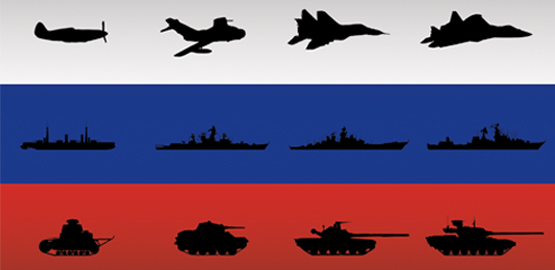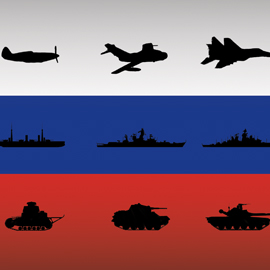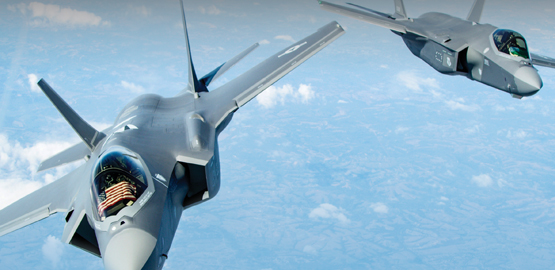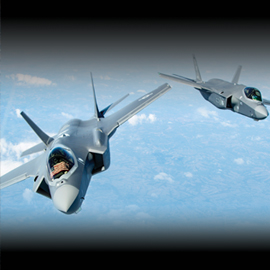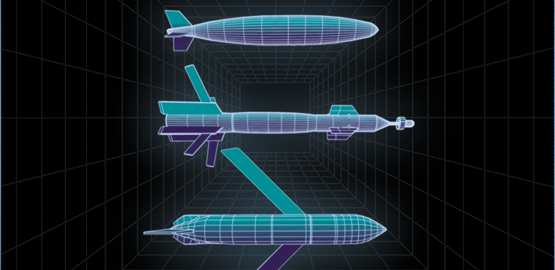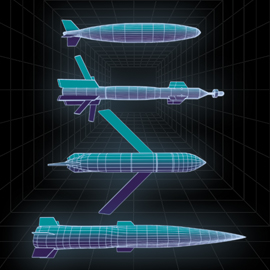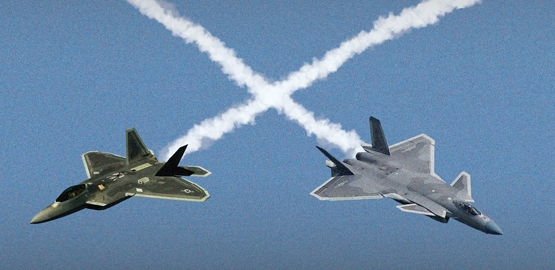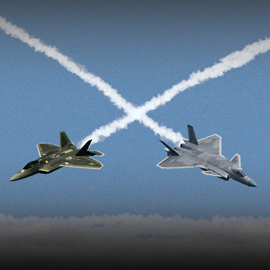Publications
"Nobody does defense policy better than CSBA. Their work on strategic and budgetary topics manages to combine first-rate quality and in-depth research with timeliness and accessibility—which is why so many professionals consider their products indispensable." – Gideon Rose, Editor of Foreign Affairs, 2010-2021
The Role of Maritime and Air Power in DoD’s Third Offset Strategy
"The U.S. military needs a new offset strategy for projecting power effectively and affordably across the threat spectrum. While it must take account of America’s fiscal circumstances, the central purpose of such strategy must be to address the most pressing military challenge that we face: maintaining our ability to project power globally to deter potential adversaries and reassure allies and friends despite the emergence of A2/AD threats.
Commanding the Seas: A Plan to Reinvigorate U.S. Navy Surface Warfare
Within the next year, the Navy must take advantage of an uncommon opportunity to set the course for the future surface fleet or fall further behind competitors who will increasingly be able to deny U.S. forces access to their region.
Toward a New Offset Strategy: Exploiting U.S. Long-Term Advantages to Restore U.S. Global Power Projection Capability
This report provides a preliminary outline for an offset strategy that exploits and builds upon existing enduring U.S. capability advantages to restore and maintain U.S. global power projection capability. This effort is essential in order to improve crisis stability, bolster allied confidence in U.S. security commitments, strengthen conventional deterrence, reduce operational risk in the event of war, and compete more efficiently over the long run.
Future of the Intermediate Range Nuclear Forces (INF) Treaty
On July 17, 2014, Jim Thomas testified before the House Armed Services Subcommittee on Strategic Forces on the Future of the INF Treaty. Suspected Russian violations of the INF Treaty come at a time of great strategic uncertainty for the United States globally. While compliance issues must be swiftly addressed, the United States should also widen the aperture for evaluating the INF Treaty to ensure that it serves its broader, global interests and security commitments.
Hemispheric Defense in the 21st Century
While the Obama administration has accorded top priority to preserving U.S. security interests in the Western Pacific and Middle East, it can ill afford to overlook worrisome trends in Latin America, as its major geopolitical competitors, including Iran, China and Russia, seek to expand their influence in the region.
Critical Mass: Nuclear Proliferation in the Middle East
While current U.S. policy seeks to prevent Iran from acquiring a nuclear capability, history shows that efforts to prevent nuclear proliferation are not always successful. Thus, prudence dictates that we also must explore the question: How would the stability in the Middle East be affected if Iran acquired a nuclear arsenal?










